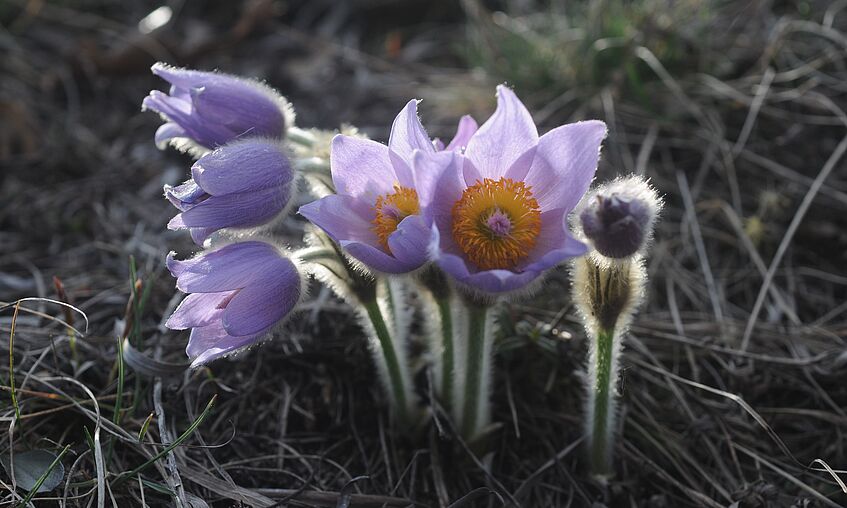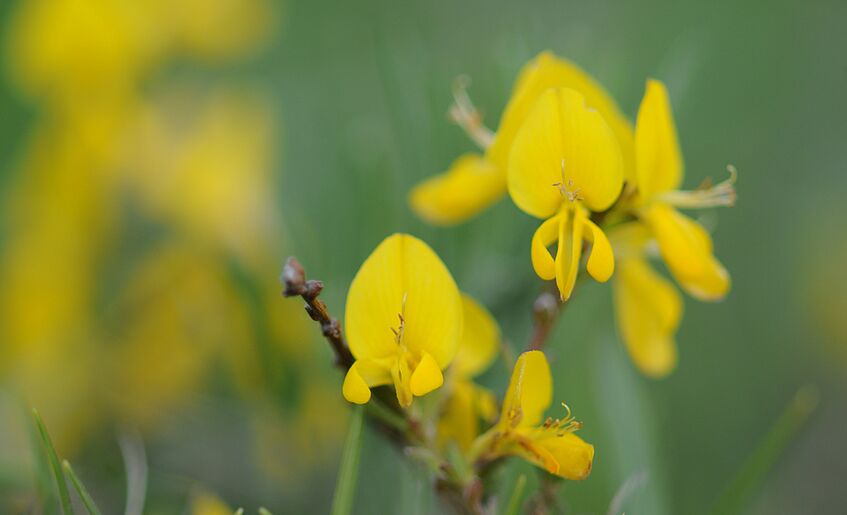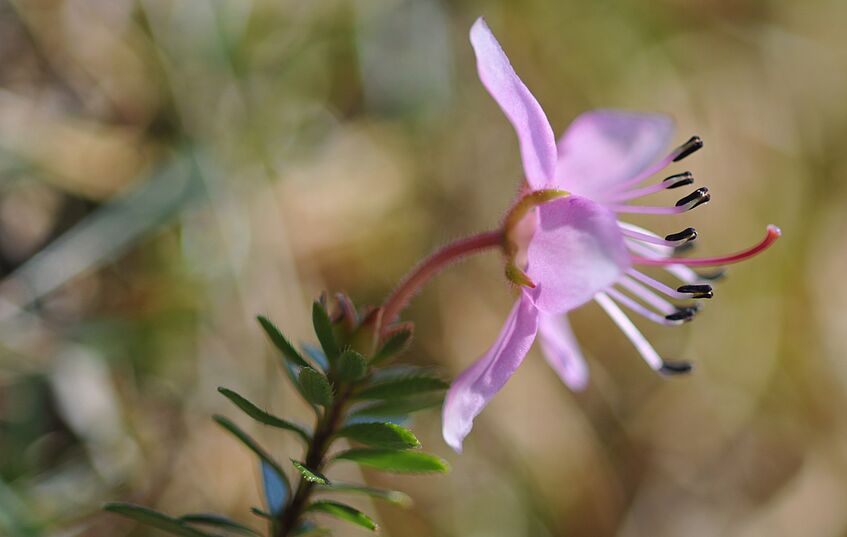September 1-2, 2023
Call for Papers (PPP)
Plants, People, Planet is calling for the submissions of papers for a Special Issue on "Methodologies for investigating and fostering plant awareness' to build upon the success of the recent symposium on this topic. The Guest Editors for this special issue are: Dawn Sanders, Bethan Stagg and Peter Pany.
You can find all information here.
Background
Biologists have bemoaned the lack of interest in plants and their neglect in education since the early 20th century (e.g., Ganong, 1906). Wandersee and Schussler (2001) defined this phenomenon as “plant blindness”, opening a challenge to educational practitioners and researchers to investigate the causes and to reform pedagogies for plants. Plant awareness has never been more important than in the current ecological crisis, where the neglect of plants is impeding our ability to meet Sustainable Development Goals (Amprazis & Papadopoulou 2020).
Parsley (2020) redefined the condition as “plant awareness disparity”, to address the ableist connotations of the original term, examining its components through the lens of the new definition. The research of Pany et al. (2022) showed a correlation between knowledge about plants and the categorisation of plants as living organisms. Following the ideas of McDonough MacKenzie et al. (2019), the authors bring a new direction to the discussion by focusing on qualities of awareness they believe students should develop. Their next step is to explore the components defined by Parsley et al. (2022) and consolidate the construct of plant awareness, both within assessment tools and teaching practices.
Stagg and Dillon (2022) recently provided fresh insights about plant awareness through a comprehensive review of the educational and sociological literature. They posit that plant awareness disparity is not an innate human condition but a result of disconnection from nature. Plant awareness is absent in societies and interest groups where there are regular interactions with plants with direct relevance to people’s lives. The authors have also investigated the efficacy of a range of novel educational approaches for plants, including digital identification keys, memory games and drama workshops (e.g., Stagg, 2020).
Nyberg, Hipkiss and Sanders (2021) demonstrated that plants need foregrounding when presented in settings with animals. In another article (Nyberg, Brkovic & Sanders, 2021) show that student teachers are aware of plants, but due to past emotional connections rather than formal educational experiences. With this work in mind, Sanders et al. (2022) sought to understand botany holistically by providing an interpretation of plant identification that incorporates nuances of colour, especially green, to perceive plants as individuals. This approach connects different aspects of visual perception of plants with knowledge about plants using variation theory.
Workshops & Poster Session
We explored a variety of perspectives about plant awareness, compare assessment tools for studying its characteristics and discuss evidence-based practice and innovation for teaching and learning. The central question: What are the methodologies used for investigating plant awareness and what are their relative affordances and constraints for advancing our understanding of this construct? The organising committee are established experts in this field and bring a diversity of experimental and theoretical insights from Sweden, Austria, and UK. The following workshops were offered (each workshop was held twice in different time slots, offering the possibility to participate in two workshops - click here for the schedule):
WS 1: Qualitative & arts-based research methods for investigating plant awareness
Kimberley Beasley, Murdoch University, School of Education Australia
Joanna Kacprzyk, University College Dublin, School of Biology and Environmental Science, Ireland
Dawn Sanders, University of Gothenburg, Faculty of Education, Sweden

© Peter Pany
WS 2: Methodologies for investigating the awareness about the role of plants in sustainable development
Alexandros Amprazis, Department of Early Childhood Education, University of Western Macedonia, Florina, Greece
Renata Ryplova, Department of Biology, Faculty of Education, University of South Bohemia in Ceske Budejovice, Czech Republic

© Peter Pany
WS 3: Conceptualising and assessing plant awareness
Bethan Stagg, School of Education, University of Exeter, United Kingdom
Peter Pany, Austrian Educational Competence Centre Biology, University of Vienna, Austria
Benno Dünser, Austrian Educational Competence Centre Biology, University of Vienna, Austria

© Peter Pany
Poster Session
The symposium had an allocated session dedicated to poster presentations. These posters could be newly produced for the symposium or posters that were recently presented, that hold relevance for the symposium's methodological focus.

© Peter Pany
Organizing Committee
Andrea Möller &
Peter Pany
Austrian Educational Competence Centre Biology
University of Vienna, Austria

Sponsors



